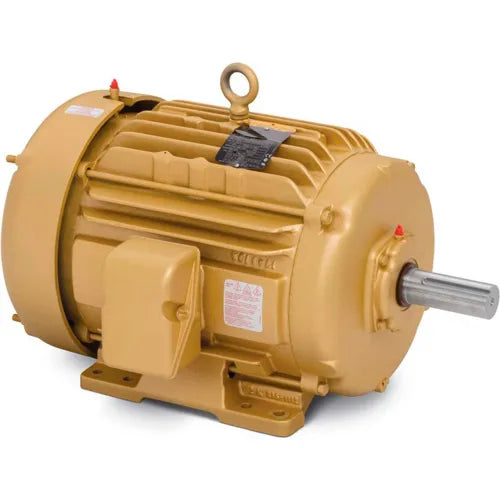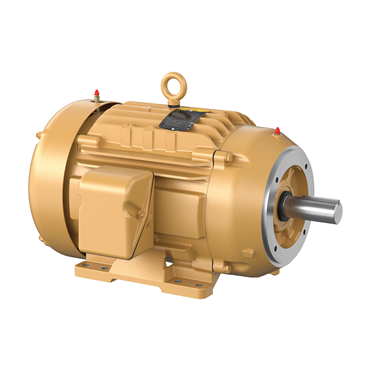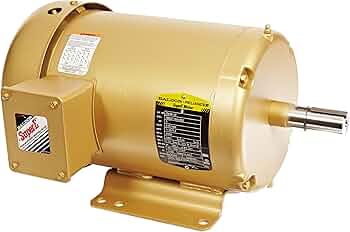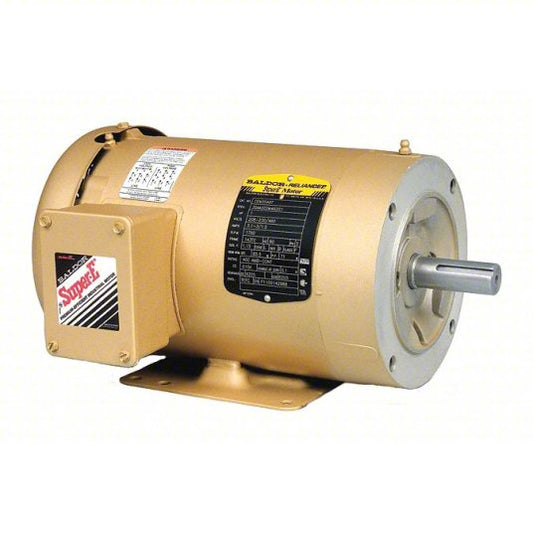
How to Choose the Right Motor for Your Industrial Application
Share
Selecting the right motor for your industrial application is crucial for achieving optimal performance, efficiency, and reliability. With various motor types, specifications, and considerations to evaluate, it’s essential to understand what factors matter most for your application. This guide will walk you through key elements to consider, helping you make an informed decision for your next motor purchase.
Understanding Motor Specifications
Each motor type comes with a set of specifications that determine its suitability for different tasks. Here’s a breakdown of some of the most important specifications you’ll encounter:
| Specification | Description | Importance |
|---|---|---|
| Horsepower (HP) | The motor’s power output. Higher horsepower allows for heavier and more demanding applications. | Essential for determining the load-carrying capacity of the motor. |
| RPM (Revolutions Per Minute) | The speed at which the motor operates. Common industrial motors operate at 1200, 1800, or 3600 RPM. | Important for matching motor speed to application requirements. |
| Torque | The rotational force generated by the motor, usually measured in lb-ft or Nm. | Vital for applications requiring high start-up force, like conveyors or crushers. |
| Efficiency | Measures how well the motor converts electrical energy into mechanical energy, expressed as a percentage. | Higher efficiency means lower energy costs and reduced heat generation. |
| Service Factor | A measure of the motor’s capacity to operate beyond its rated load under specific conditions. | Essential for applications with variable loads or extended run times. |
Types of Motors for Industrial Applications
Different types of motors are suited for different industrial applications. Here’s a quick overview of the most common motor types and their uses:
- AC Induction Motors: Reliable and cost-effective, ideal for most industrial applications.
- DC Motors: Provide variable speed control and high torque at low speeds, suitable for applications like conveyors and hoists.
- Synchronous Motors: Maintain a constant speed, making them ideal for precision applications.
- Servo Motors: High precision and control, often used in robotics and CNC machinery.
You Can Also Take Our HP motor Quiz To find the right HP for your application here ---->
Factors to Consider When Choosing a Motor
When evaluating which motor best fits your industrial needs, consider the following:
1. Load Requirements
The motor’s horsepower and torque should match the load requirements of your application. Heavy-duty equipment will demand motors with high horsepower and torque ratings, while lighter applications may only need smaller, more efficient motors.
2. Operating Environment
Consider the conditions in which the motor will operate, including temperature, humidity, dust, and potential exposure to hazardous substances. For instance, Totally Enclosed Fan Cooled (TEFC) motors are ideal for dusty or dirty environments, while Open Drip Proof (ODP) motors work well in clean, dry areas.
3. Speed and Control Needs
If your application requires variable speeds, such as for conveyors or mixers, choose a motor that allows for speed control. AC and DC motors offer different speed control options, with DC motors typically providing better control at lower speeds.
4. Duty Cycle
The duty cycle of a motor refers to how long it operates compared to how long it rests. Motors in continuous use, such as those powering conveyor belts, require a higher duty cycle rating than those used intermittently.
5. Efficiency
Energy costs can add up in industrial settings, so choosing an efficient motor can result in long-term cost savings. Look for motors with higher efficiency ratings, especially if they will operate continuously.
Comparison of Motor Types for Industrial Applications
To make an informed decision, it’s helpful to compare motor types based on their capabilities, costs, and best-fit applications:
Making the Right Choice
Choosing the right motor is a balance between cost, performance, and the specific requirements of your application. By considering load requirements, environmental conditions, speed, control needs, and energy efficiency, you can select a motor that will perform reliably and efficiently over time. The right choice will reduce downtime, save on energy costs, and extend the lifespan of your motor.
Selecting the right motor for your industrial application doesn’t have to be overwhelming. By understanding motor specifications, knowing the demands of your application, and weighing each motor’s features, you can make a choice that maximizes both productivity and efficiency. Invest time in assessing your needs, and consult an expert if necessary to ensure your motor aligns with your long-term operational goals.
Take Our HP motor Quiz To find the right HP for your application here ---->
